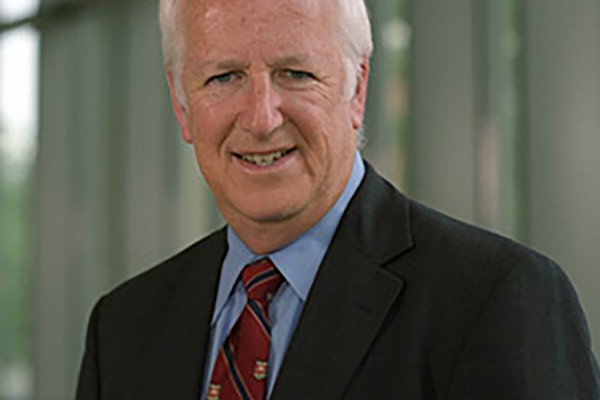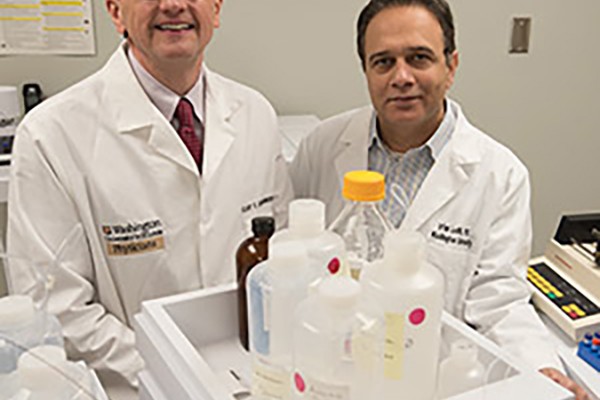Difficult behavior in young children may point to later problems
It’s normal for a young child to have tantrums and be otherwise disruptive, but researchers have found that if such behavior is prolonged or especially intense, the child may have conduct disorder, a childhood psychiatric problem that could be a harbinger of antisocial behavior. The research was led by Joan L. Luby, MD (shown).
Researcher Li receives American Heart Association grant
Weikai Li, PhD, assistant professor of biochemistry and molecular biophysics at Washington University School of Medicine in St. Louis, has received a two-year, $143,000 grant from the American Heart Association for research titled “Mechanism of VKOR Function and Warfarin Inhibition.”
Depression, behavioral changes may precede memory loss in Alzheimer’s
Depression and behavioral changes may occur before memory declines in people who will go on to develop Alzheimer’s disease, according to new research at the School of Medicine led by senior author Catherine M. Roe, PhD.
S. Lee Kling Center for Proton Therapy completes first year of patient care
More than 100 cancer patients have received an innovative form of radiation therapy at the S. Lee Kling Center for Proton Therapy in the center’s first year of operation. The treatments are provided at Siteman Cancer Center at Barnes-Jewish Hospital and Washington University School of Medicine in St. Louis.
Shapiro to step down as executive vice chancellor and medical school dean
Larry J. Shapiro, MD, has announced he will step down as executive vice chancellor for medical affairs and dean of Washington University School of Medicine. He will continue at the helm until a national search is conducted and his replacement found.
Possible treatments identified for highly contagious stomach virus
Antibiotics aren’t supposed to be effective against viruses, but new evidence in mice suggests they may help fight norovirus, a highly contagious virus that causes severe gastrointestinal illness, scientists at the School of Medicine report.
Ornitz receives March of Dimes grant
David M. Ornitz, PhD, MD, the Alumni Endowed Professor of Developmental Biology at Washington University School of Medicine in St. Louis, has received a three-year, $300,000 grant from the March of Dimes Foundation for research titled “Mechanisms of FGF Signaling in Cochlear Development.”
Medical Campus winter concert Saturday, Jan. 17
Washington University Medical Center faculty, staff and students will perform their annual winter concert at 4 p.m. Saturday, Jan. 17, in the lobby of the Center for Advanced Medicine, 4921 Parkview Place. The event is free and open to the public.
Monk receives nerve research grants
Kelly Monk, PhD, assistant professor of developmental biology at Washington University School of Medicine in St. Louis, has received three nerve research grants.
Targeting fatty acids may be treatment strategy for arthritis, leukemia
Enzymes linked to diabetes and obesity appear to play key roles in arthritis and leukemia, potentially opening up new avenues for treating these diverse diseases, according to researchers Clay Semenkovich, MD, (left) and Irfan Lodhi, PhD, at the School of Medicine.
View More Stories


